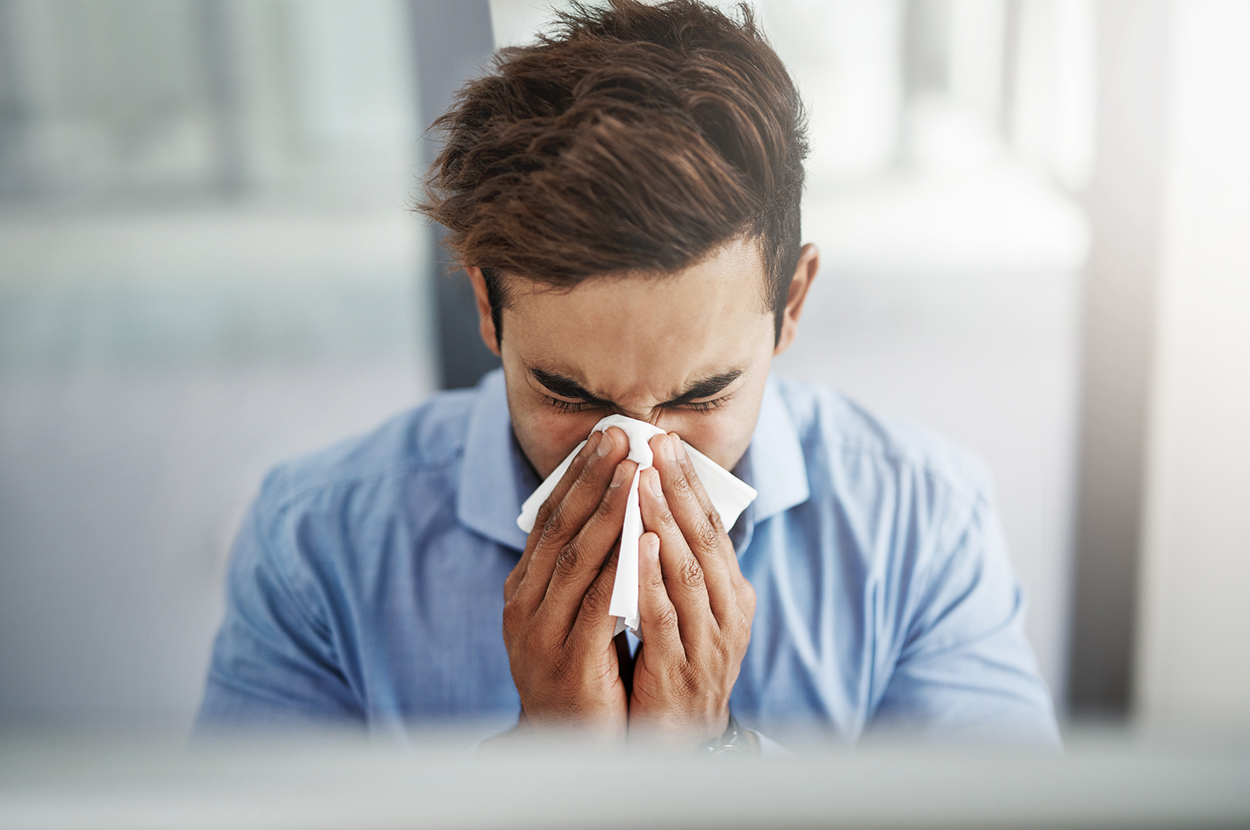Seasonal allergy care addresses those allergies that are associated with specific times of year. Seasonal allergies affect many individuals worldwide. Most commonly, they appear at the start of the spring season or fall season. Different allergens are responsible for seasonal allergies, such as pollens, dust, and mold. Care for seasonal allergies can improve quality of life.
Pathophysiology
Seasonal allergy is a type 1 hypersensitivity reaction that occurs mostly during the spring or fall seasons when there are many pollens in the air. After the first exposure to the allergen, your body activates immune cells. This immune response leads to the release of histamines, which produce characteristic allergy symptoms.
Causes
Following are some different causes of seasonal allergies:
- In the spring season, pollens from flowers, trees and grasses are the main cause of seasonal allergies.
- The main cause of seasonal allergy is grasses such as ryegrass and Timothy grass in the summer season.
- In the autumn season, ragweed is a main culprit of seasonal allergy.
- Mold can cause allergies in all seasons, including winter if present in a building with excess moisture.
Treatment
Treatment of seasonal allergies focuses on relieving symptoms to make a person more comfortable and more able to live their normal life.
The main medication for seasonal allergy is antihistamines which are widely used. In addition to antihistamines, other drugs are also used, such as:
- Daily allergy medications
- Nasal sprays to get relief from nasal congestion.
- Antihistamine eye drops for eye irritation
- Over-the-counter pain medication and analgesics are also used.
In some cases, seasonal allergies can cause inflammation that can provide a good environment for bacteria to grow. In these cases, which are much more rare, antibiotics may be required.
Contact us
In case of urgent medical care assistance, AfterOurs Urgent Care offers immediate telemedicine services, where medical providers are available to offer assistance. Anyone who experiences signs and symptoms requiring urgent medical attention can simply book their appointment with AfterOurs Urgent Care to directly talk to an expert. If your medical issue is not appropriate for telemedicine, we will let you know and refer you to an in-person facility.
When to visit a doctor:
When signs and symptoms of seasonal allergy are not controlled with over-the-counter medications, then a quick visit to a health care provider can address your symptoms.
Seasonal allergy care is available at AfterOurs Urgent Care.
For more information on seasonal allergy care, see the following website:
*times are estimates
Check In
Fast. Efficient. Effective and Safe.
“Fast. Efficient. Effective and Safe. Fun in light of what we are there for. They were open to explore different avenues and willing to explore other possible health reasons for my being there.”

